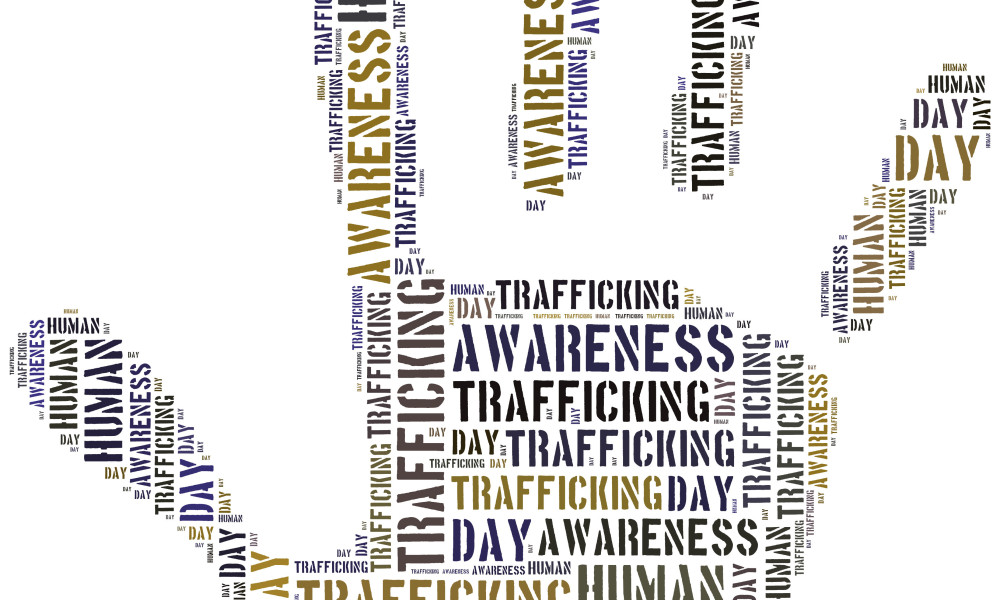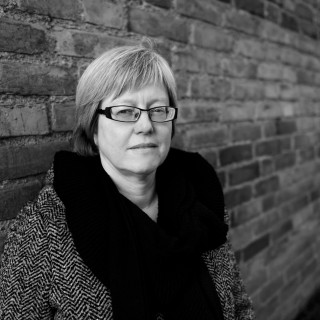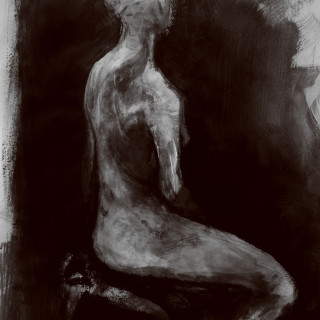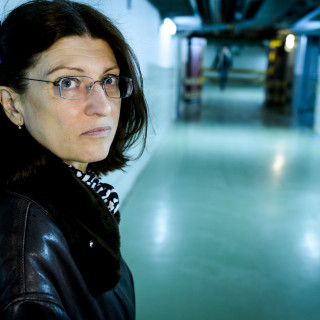Target: less exploitation
Petra Östergren is a social anthropologist who has received SEK 3 million to participate in a major new EU project about how to tackle human trafficking by studying demand. Around 15 researchers from eight countries are taking part in the project, the goal of which is to reduce the suffering that results from the worst forms of exploitation.
Is human trafficking primarily about prostitution?
“No. We often think about women being lured to rich countries where they have their passports confiscated and are forced to sell sex. But in actual fact, human trafficking is often more about domestic service, manufacturing and agricultural work in horrific conditions. There are different degrees of exploitation and we will be working with a broad understanding of the concept in this project.”
What are you going to do?
“We will carry out a number of field studies among those who produce demand for services and goods linked to human trafficking: domestic services, prostitution and goods produced in inhumane conditions.”
What is your role?
“I and another new doctoral student will be comparing Sweden, New Zealand and Germany – three countries with completely different approaches to prostitution. Whereas we in Sweden criminalise both buying sex and pimping, New Zealand has chosen to incorporate prostitution into standard employment legislation, but also to reduce the vulnerable situation of prostitutes by giving them special legal protection. In Germany, prostitution is also covered by employment law, although the regulations have been criticised as complicated and difficult to understand.”
Will you be interviewing people who pay for sex?
“Yes. As far as I know, this is the first social sciences study with in-depth interviews of people who buy sex in Sweden since the introduction of the Sex Purchase Act. There is a stereotype of human trafficking and people who buy sex in popular culture and the media, but the image may not be true, and the buyers may not recognise themselves in it. This can be problematic, because action plans may be misdirected and make it difficult for sex buyers to help identify people who are victims of trafficking. We therefore also intend to analyse the prevailing media image.”
You’ve just come home from a kick-off for the project in Vienna. What were your impressions from the event?
“I was very impressed with the level of knowledge among the other researchers. There was a strong commitment to the issue, but without the moralistic undertones that so often characterise any discussions of human trafficking and prostitution.”
Text: Ulrika Oredsson
Published: 2014





